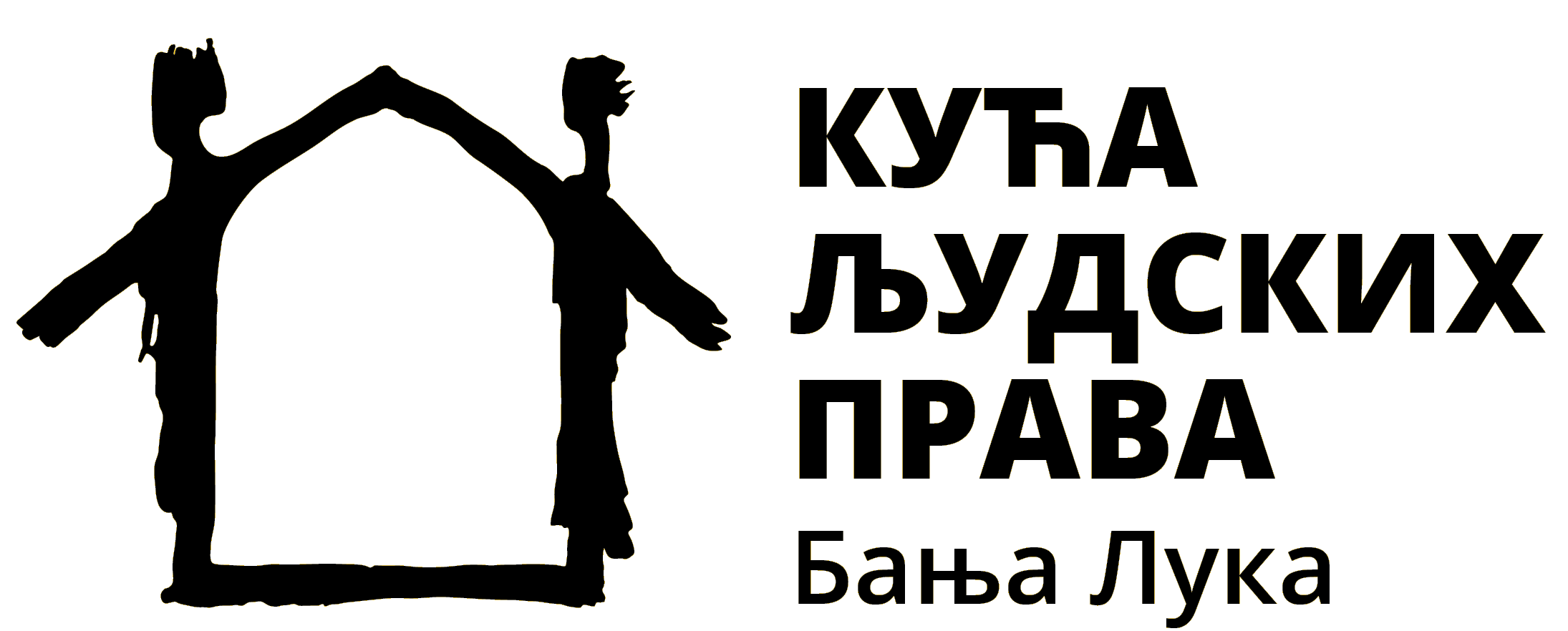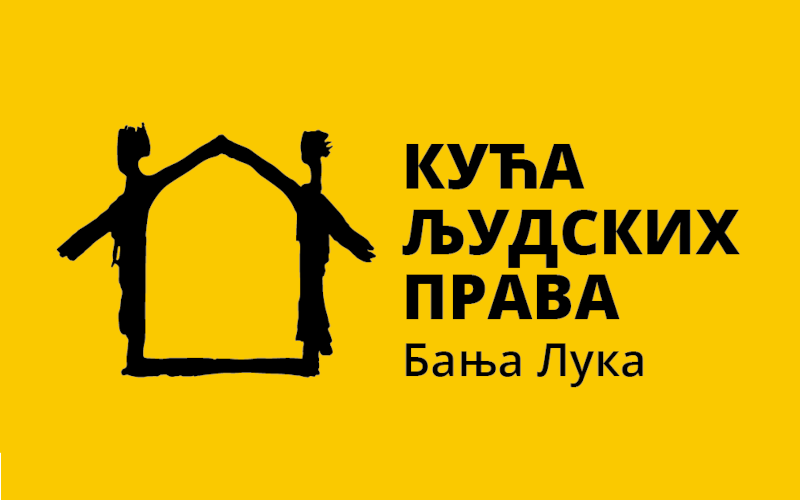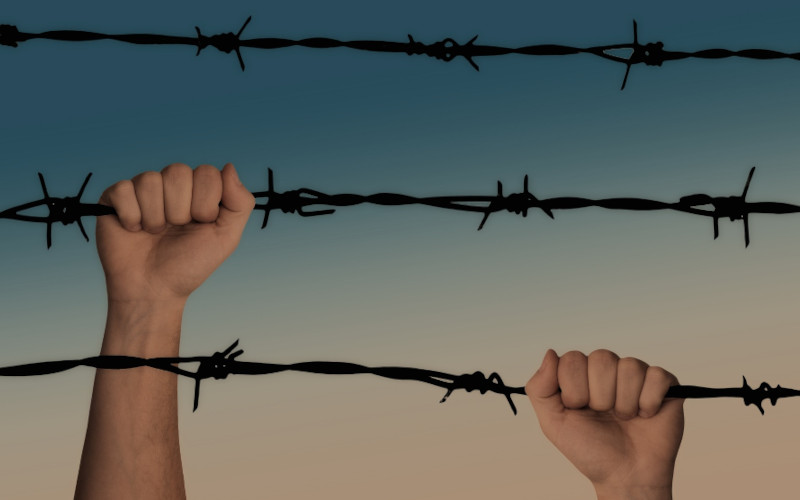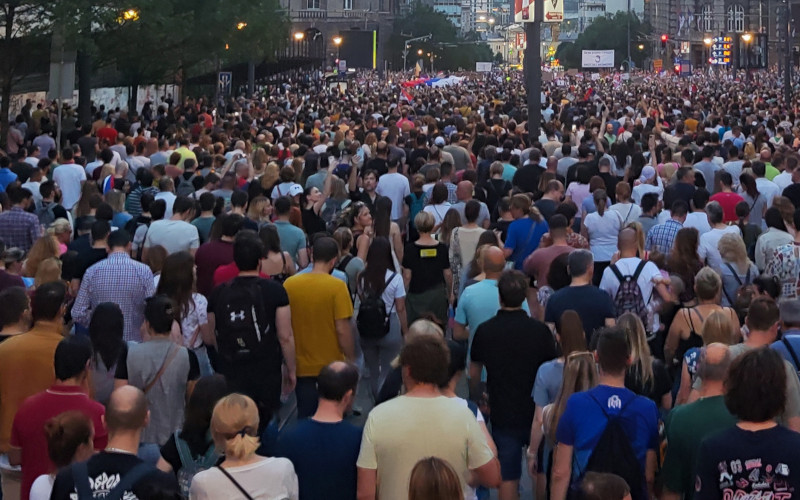Before you is the first national report on the status, challenges, and obstacles faced by human rights defenders in Bosnia and Herzegovina.
The report covers a period of three and a half years (2020 – June 2023) and presents the personal experiences of 21 human rights defenders from various civil society organizations – ranging from the organizations that work on preventing and combating corruption, preserving cultural memory, and protecting the environment, to those that are promoting and safeguarding the rights of marginalized and vulnerable groups in our society, such as women, LGBTI individuals, or national minorities.
The motivation for compiling such a report stems from the fact that the space for the work of human rights defenders (HRDs) in Bosnia and Herzegovina is constantly shrinking, and there is a growing concern about the increasingly frequent attacks on HRDs, which are inadequately prosecuted and not publicly condemned.
The narrowing space for human rights defenders’ work is evident through the adoption or announcement of restrictive laws limiting some of the basic human rights, such as freedom of expression, access to information, or freedom of association. Without these rights, the work of human rights defenders is virtually unthinkable.
For example, in July 2023, the National Assembly of Republika Srpska adopted amendments to the Criminal Code of RS criminalizing defamation, which will significantly impact the work of journalists and activists who critically report on and point out the shortcomings of the current government.
Simultaneously, the Parliamentary Assembly of BiH adopted the Freedom of Information Act of BiH, making it impossible to access a large amount of information of public interest, as it contains a long list of exceptions or possible limitations to access information held by public authorities.
Additionally, the RS authorities have announced the adoption of the law that labels citizen associations receiving foreign donations as “foreign agents,” a stigmatizing legal qualification that can harm associations and even expose them to threats or attacks in public. This controversial law also restricts engagement in “political activities,” which are so broadly defined that they can prevent any action by citizen associations to improve legal regulations and better protect citizens – the very reason why associations are formed in the first place.
Furthermore, the initial months of 2023 witnessed a surge in both physical and verbal assaults targeting activists and journalists in Bosnia and Herzegovina. This unsettling trend included incidents of writing offensive and threatening slogans (“kill,” “you don’t belong in this city”), as well as attacks on the facilities of various civil society organizations. (UNSA GETO, Banja Luka Social Center, Sarajevo Open Center).
While the UN High Commissioner for Human Rights calls for the protection and expansion of civic space, that space in BiH continues to shrink. Therefore, it is important to recognize negative trends and clearly address those responsible for encouraging them. In fact, this was the second determining factor for preparing this report: to draw attention that the state must take responsibility for internationally undertaken obligations, recognize the role of human rights defenders in protecting and advocating for human rights, and create a safe and supportive environment for their work.
In the first part of the report, we provide a brief overview of international principles and standards for the protection of human rights defenders and the local legal framework. The second part of the report includes the most significant findings from interviews with 21 human rights defenders, reflecting the situation in BiH and the numerous obstacles activists face from the perspective of five protection standards.
These challenges are manifested in the absence of public support for their work, exposure to verbal threats, slanderous campaigns and hate speech, as well as laws that are not clear or are poorly designed, making it difficult for them to work on promoting and protecting human rights and freedoms.
Publication:



